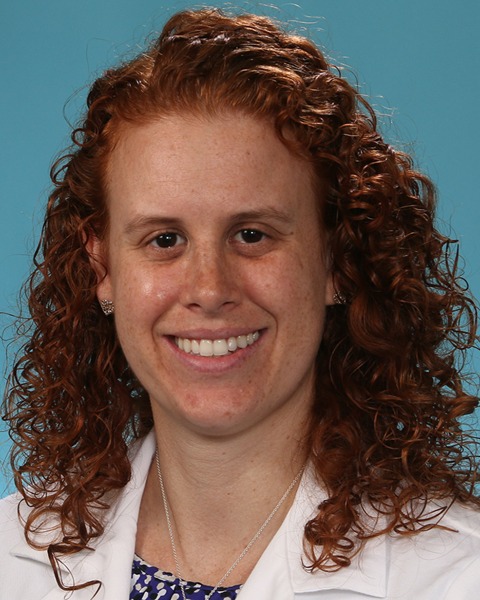Emergency Medicine 4
Session: Emergency Medicine 4
251 - Parent and Adolescent Views of Sexual Health Care in the Pediatric Emergency Department
Saturday, April 26, 2025
2:30pm - 4:45pm HST
Publication Number: 251.5865
Kayleigh Fischer, UTHouston, Houston, TX, United States; Annabel Stollenwerck, McGovern Medical School at the University of Texas Health Science Center at Houston, Houston, TX, United States; Sophia Bianchi, McGovern Medical School at the University of Texas Health Science Center at Houston, Houston, TX, United States; Ginny C. Kim, Jacobi Medical Center, Flushing, NY, United States; Peggy Hsieh, McGovern Medical School at UTHealth Houston, Houston, TX, United States; Rebecca Beyda, McGovern Medical School at the University of Texas Health Science Center at Houston, Houston, TX, United States

Kayleigh A. Fischer, MD (she/her/hers)
Assistant Professor
UTHouston
Houston, Texas, United States
Presenting Author(s)
Background: Sexual health care in the United States has become a battleground of different political and ideological groups. This has exacerbated preexisting barriers to the sexual health care needs of adolescents. Over 14 million adolescents use emergency departments (ED) every year and for many, this may be their only or primary contact with health care. These adolescents demonstrate high-risk sexual behaviors increasing their risk of sexually transmitted infections (STI) and unintended pregnancy. The Pediatric ED (PED) is a unique yet underutilized access point for adolescent sexual health needs. Previous studies have shown that adolescents believe the PED is an appropriate place for STI testing as well as contraceptive care. However, these studies consist of English-speaking adolescents only, excluding parents and non-English speakers. Data on parental views of the provision of sexual health care in this setting is unexplored and critical in areas of the country that require parental consent for contraceptive provision.
Objective: To gain insight into how parents and adolescents perceive the provision of sexual health care in the PED.
Design/Methods: We conducted an anonymous survey of adolescents 14-17 years and their parents in our PED. Adolescents were asked about sexual practices and views on sexual health care provision in the PED. Parents were asked about their opinions on STI and contraceptive education and provision in the PED. Data was collected in Qualtrics available in English and Spanish.
Results: We enrolled 36 parents and 36 adolescents; 31% of parents and 8% of adolescents completed the survey in Spanish. Many parents (38.9%) and patients (46.2%) self-identified as Hispanic. While only 28.6% of adolescents stated they are sexually active, 88.9% wanted STI testing offered in the PED and 75% thought it was important to talk about contraception in the PED. No adolescents desired pregnancy within one year, but 75% did not currently use any method of contraception. Most parents (97.1%) thought it was important to offer STI testing for adolescents in the PED and 86.1% believed it was appropriate for this to be confidential. Parents also overwhelmingly thought doctors in the PED should talk with adolescents about contraceptive options (94.4%).
Conclusion(s): Our findings highlight the desire of adolescents, supported by their parents, for accessible sexual health care in the ED. To our knowledge, this is the first study that includes parental opinions and Spanish speakers. Implementing such services in this setting could effectively address and overcome barriers to sexual health care for this population.

